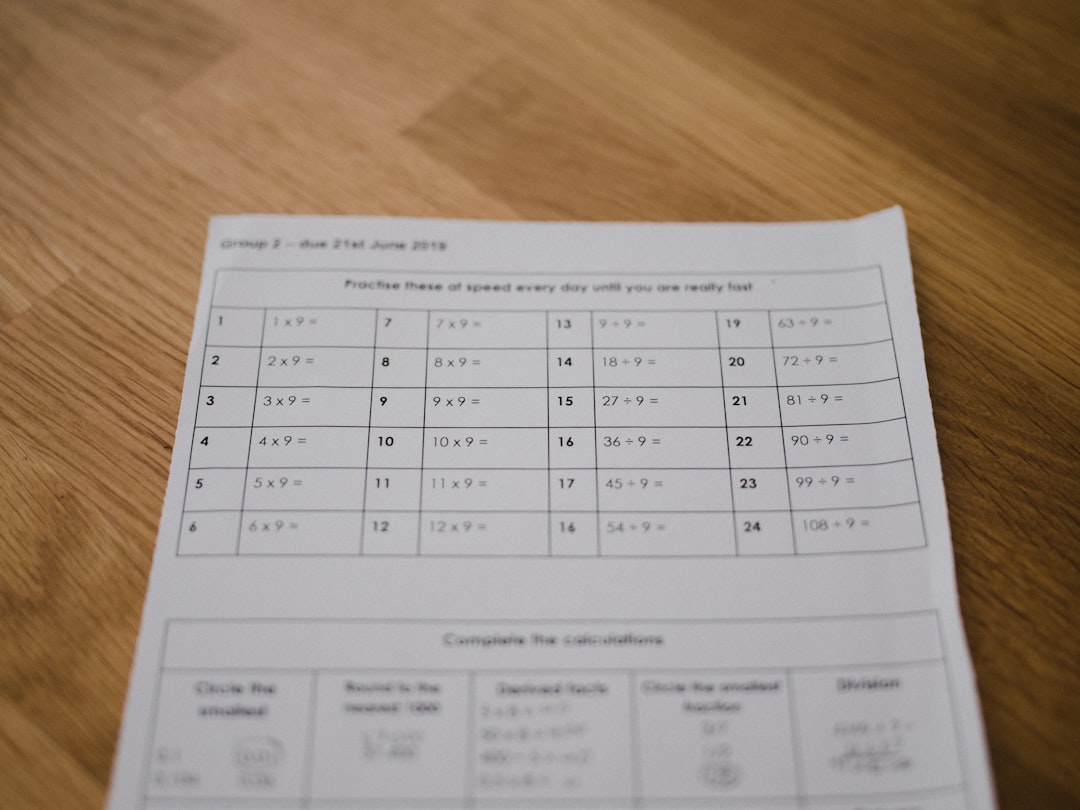When discussing human capabilities, two concepts often come up: IQ and intelligence. Although used interchangeably, they are not the same. This blog post delves into the differences between IQ and intelligence, their implications, and how they impact our understanding of cognitive abilities.
What is Intelligence?
Intelligence is a broad concept that encompasses an individual’s ability to learn, understand complex ideas, adapt to new situations, solve problems, and use knowledge to manipulate their environment. It’s not just book smarts; it includes a range of cognitive abilities such as creativity, emotional understanding, and reasoning.
What is IQ?
IQ, or Intelligence Quotient, is a measure obtained by administering psychological tests aimed at assessing human intelligence. The score is calculated based on a person’s relative performance compared to a large, age-related representative sample. A typical IQ test evaluates various areas, including mathematical ability, memory, and language skills, to produce a score that supposedly represents an individual’s intellectual capabilities.
IQ vs Intelligence: The Key Differences
While IQ and intelligence are related, they are distinctly different in several ways:
- Scope: IQ is a narrow measure focusing on certain cognitive abilities, whereas intelligence encompasses a broader range of cognitive and emotional competencies.
- Measurement: IQ is quantified through standardized tests, but intelligence is more difficult to measure due to its complex nature.
- G-factor: Often mentioned in this context is the g-factor, or general intelligence factor, which is a construct that IQ tests aim to measure. However, it’s just one aspect of the wider concept of intelligence.
The Role of Cognitive Abilities
Cognitive abilities are the mental skills that include learning, thinking, reasoning, problem-solving, decision making, remembering, and paying attention. These abilities are crucial for performing any task, from the simplest to the most complex. They form the foundation of intelligence and are partially assessed by IQ tests.
Intelligence Measurement
Measuring intelligence is challenging due to its multifaceted nature. Traditional IQ tests have been criticized for not capturing the full spectrum of human intelligence, such as emotional intelligence, creativity, and practical problem-solving. This has led to the development of alternative assessments that aim to provide a more comprehensive view of an individual’s capabilities.
The Impact of Understanding IQ and Intelligence
Understanding the differences between IQ and intelligence is crucial for several reasons:
- Educational Implications: It highlights the need for diverse teaching methods that cater to a wide range of cognitive abilities and learning styles.
- Workplace Dynamics: Recognizing the varied aspects of intelligence can lead to more effective team compositions and leadership approaches.
- Personal Development: It encourages individuals to appreciate and develop a broader set of skills beyond those measured by IQ tests.
Conclusion
IQ and intelligence, while related, are not synonymous. IQ is a measure of certain aspects of intelligence, but it does not encompass the full range of cognitive and emotional skills that contribute to a person’s intellectual capabilities. By understanding and valuing the breadth of intelligence, we can better appreciate the diversity of human potential and foster environments that promote a wide range of talents and abilities.
In a world that often overemphasizes the importance of IQ scores, it’s vital to remember that intelligence is multifaceted and cannot be fully captured by a single number. Whether in educational settings, the workplace, or personal development, embracing the complexity of human intelligence is key to unlocking true potential.



